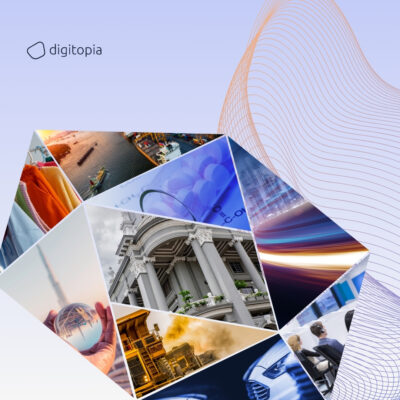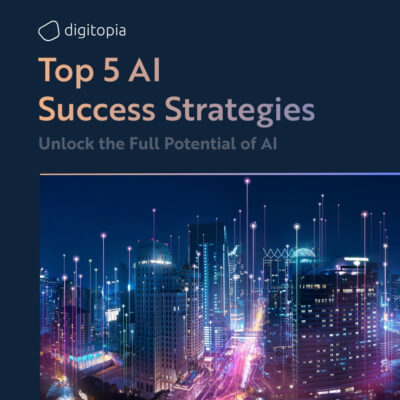
Artificial Intelligence (AI) has emerged as one of the most transformative technologies of our era, promising unparalleled advancements across industries. However, with its tremendous potential come significant risks that could profoundly impact society. These risks are not just technical challenges but existential threats that could shape the future of humanity. This blog post explores the critical risks associated with AI, including fake news, market manipulation, autonomous weapons, inequality, and other pressing concerns. Understanding these risks is crucial for developing strategies to mitigate their impact and ensure AI benefits society.
Fake News: The Erosion of Truth
One of the most pervasive risks posed by AI is the proliferation of fake news. With the ability to generate highly realistic images, videos, and text, AI-powered tools can create and disseminate false information on an unprecedented scale. This capability threatens to undermine the fabric of society by eroding trust in media, institutions, and even democratic processes.
The spread of fake news can have far-reaching consequences. It can influence public opinion, sway elections, and incite social unrest. Moreover, as AI becomes more sophisticated, distinguishing between real and fake content becomes increasingly challenging. This blurring of reality can lead to a crisis of credibility, where individuals and institutions struggle to discern truth from fiction.
To combat the spread of fake news, it is essential to develop robust detection and verification systems. AI itself can be leveraged to identify and flag misleading content. Additionally, promoting digital literacy and critical thinking skills among the public can empower individuals to navigate the digital landscape more effectively.
Market Manipulation: Undermining Economic Stability
AI’s ability to process vast amounts of data and execute trades at lightning speed has revolutionized financial markets. However, this capability also presents significant risks, particularly in the form of market manipulation. Sophisticated AI algorithms can exploit market inefficiencies, leading to artificial price fluctuations and volatility.
Market manipulation can have severe consequences for investors, businesses, and the global economy. It can distort market signals, erode investor confidence, and result in significant financial losses. Furthermore, the opacity of AI algorithms makes it challenging to detect and regulate manipulative activities, leaving markets vulnerable to exploitation.
To address these risks, regulators must develop frameworks that promote transparency and accountability in AI-driven financial systems. Implementing robust monitoring mechanisms and enforcing ethical standards can help ensure that AI technologies operate fairly and responsibly in financial markets.
Autonomous Weapons: The Threat of Uncontrolled Warfare
The development of autonomous weapons systems represents one of the most concerning existential risks associated with AI. These systems, capable of selecting and engaging targets without human intervention, have the potential to revolutionize warfare. However, their deployment raises profound ethical and security concerns.
Autonomous weapons could lower the threshold for conflict, as they enable military operations with reduced human casualties. This could lead to an increase in the frequency and scale of armed conflicts, with devastating humanitarian consequences. Moreover, the potential for these systems to malfunction or be hacked poses significant risks to global security.
The international community must prioritize the development of treaties and regulations governing the use of autonomous weapons. Establishing norms and standards for their development and deployment can help mitigate the risks associated with these technologies and prevent their misuse in warfare.
Inequality: Widening Socioeconomic Gaps
AI has the potential to exacerbate existing inequalities and create new ones. As AI technologies automate routine tasks and enhance productivity, they can lead to significant job displacement, particularly in industries reliant on manual labor. This displacement disproportionately affects low-skilled workers, exacerbating socioeconomic disparities.
Furthermore, the concentration of AI development and deployment in a few tech-savvy regions and industries can create a digital divide, where certain populations benefit from AI’s advancements while others are left behind. This inequality in access to AI technologies can reinforce existing power structures and hinder social mobility.
Addressing the risks of inequality requires a multifaceted approach. Policymakers must invest in education and reskilling programs to equip workers with the skills needed to thrive in an AI-driven economy. Additionally, promoting diversity and inclusion in AI development can help ensure that these technologies benefit all segments of society.
Other Critical Risks of AI
Beyond the risks discussed above, AI presents several other challenges that require attention:
- Privacy and Surveillance: AI’s ability to analyze vast amounts of data raises concerns about privacy and surveillance. The collection and use of personal data by AI systems can infringe on individual rights and freedoms, necessitating robust data protection and privacy regulations.
- Bias and Discrimination: AI systems can perpetuate and amplify existing biases if trained on biased data. Ensuring fairness and accountability in AI systems requires rigorous testing and validation to eliminate discriminatory outcomes.
- Dependence on AI: As AI systems become integral to critical infrastructure and services, society risks becoming overly dependent on these technologies. Ensuring the resilience and reliability of AI systems is essential to prevent disruptions in essential services.
Conclusion
While AI holds immense potential to transform society for the better, it also poses significant existential risks that must be addressed. By understanding and mitigating these risks, we can harness the power of AI to create a more equitable and secure future. This requires a collaborative effort from governments, businesses, and individuals to develop ethical frameworks, promote responsible AI development, and ensure that AI technologies benefit all of humanity.



